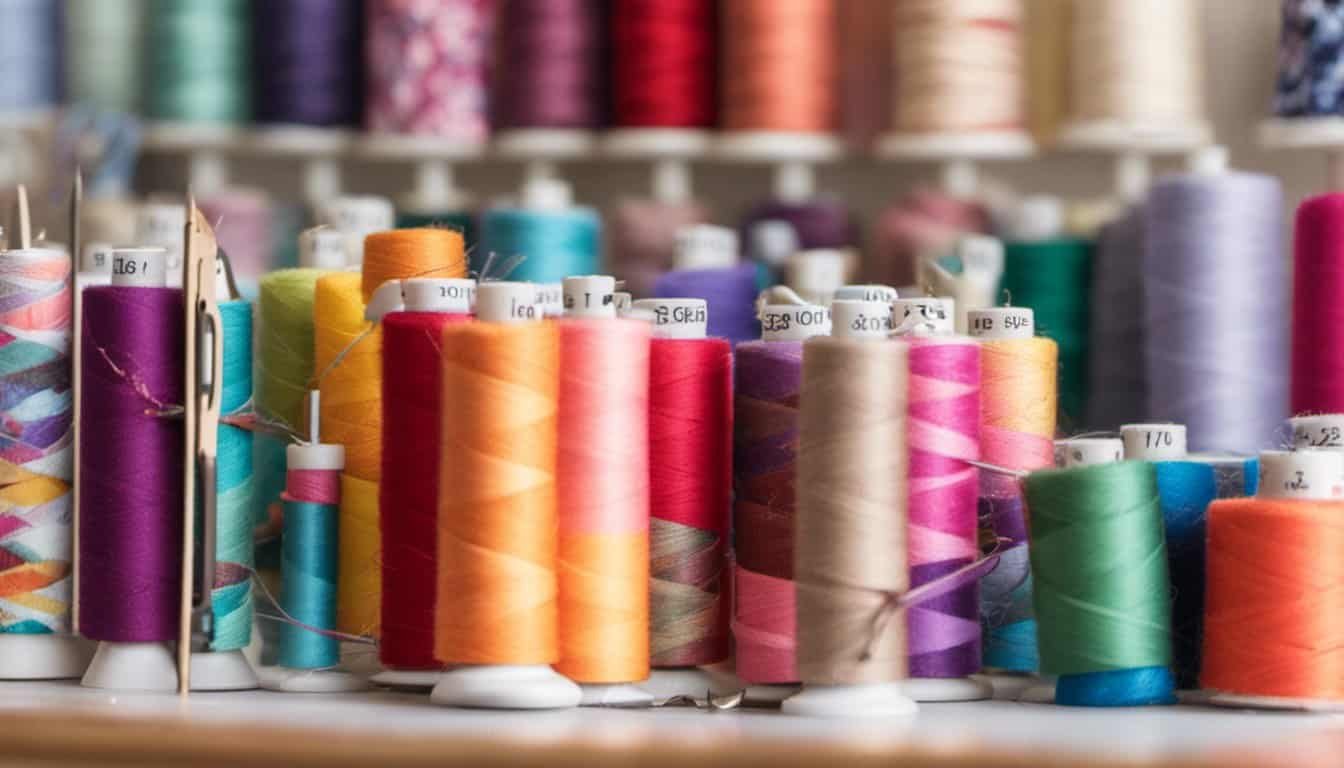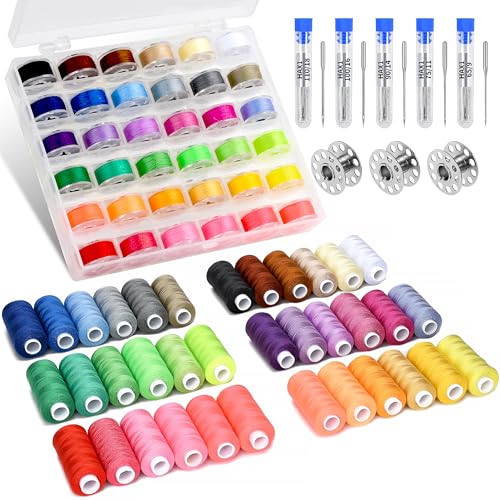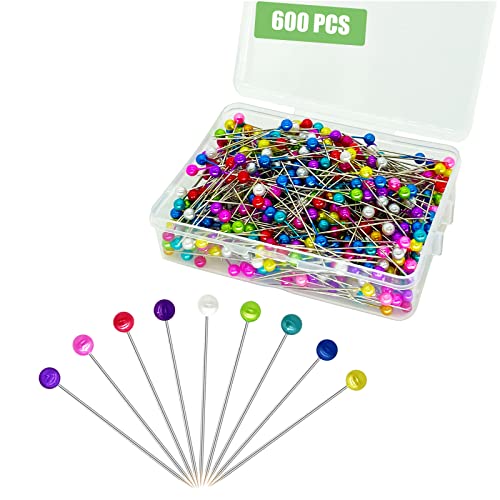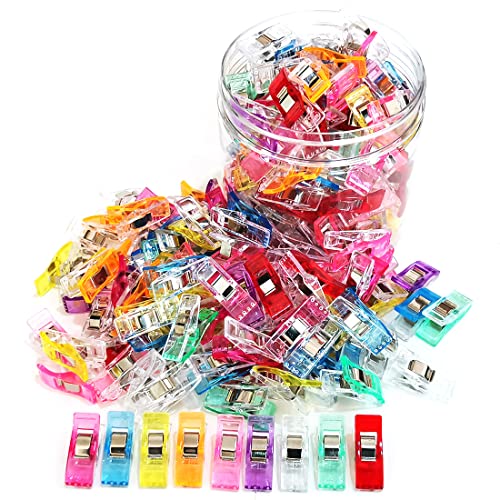Ever found yourself tangled up in the world of sewing and wondered which thread to choose? You’re not alone. With so many options out there, picking the right thread can feel like navigating a labyrinth. But don’t worry, we’re here to unravel the mystery.
Understanding Thread for Sewing
Choosing the right thread for your sewing projects can be challenging. To simplify this task, it’s crucial to understand the different types and how to select the best one for your needs.
Types of Sewing Threads
Understanding the various types of sewing threads is fundamental:
- Cotton Threads: Suitable for lightweight fabrics and natural fibers like cotton or linen. They’re not as stretchy compared to synthetic options.
- Polyester Threads: Versatile and strong. Ideal for most fabric types, providing elasticity and durability.
- Silk Threads: Perfect for luxurious fabrics such as silk or wool. They glide easily and create fine, smooth stitches.
- Nylon Threads: Common in heavy-duty sewing and upholstery. They withstand considerable stress and offer high strength.
- Embroidery Threads: Specifically designed for decorative work. Available in cotton, polyester, or rayon, each providing a distinct finish.
- Metallic Threads: Used for adding shine and embellishment. They can be challenging to sew with but are great for decorative purposes.
How to Choose the Right Thread
To choose the right thread, consider these key factors:
- Fabric Type: Match the thread type to the fabric fiber. Cotton thread for cotton fabric, polyester thread for synthetic fabric.
- Thread Weight: Lighter threads for fine fabrics, heavier threads for thick materials. Exact thread weight ensures compatibility.
- Thread Color: Blend for subtlety or contrast for emphasis. Test color match in natural light.
- Thread Finish: Decide between matte and shiny finishes based on the desired effect. Matte for understated looks, shiny for decorative stitches.
- Strength Requirement: Assess the sewing project’s durability needs. Heavy-duty projects need robust, high-strength threads.
Analyzing these factors helps ensure that your chosen thread meets the project’s requirements, enhancing both the process and the final result.
Best Practices in Using Thread for Sewing
To maximize your sewing outcomes, align your thread type with your project’s specific needs and adhere to proven best practices.
Thread Tension Tips
Maintaining proper thread tension is crucial. Ensure balance between the upper and lower threads to avoid puckering or loose stitches. Use test swatches to adjust tension settings on your sewing machine, varying tension levels based on fabric thickness and type. For instance, heavier fabrics may need increased tension, while delicate fabrics require lighter settings. Regularly check the sewing machine’s manual for guidance on optimal tension for different materials.
Preventing Thread Breakage
Thread breakage can disrupt your sewing flow. To prevent it, use high-quality thread suitable for your fabric. Avoid old, brittle threads, and match thread weight with needle size—thicker threads need larger needles. Keep your sewing machine clean and oiled; lint buildup can cause tension issues. Ensure the needle is sharp and well-rounded, as damaged needles can fray and break threads. If thread breakage persists, re-thread the machine, checking it’s correctly threaded through all guides and tension discs.
Top Recommended Threads for Different Fabrics
Choosing the right thread makes all the difference in your sewing projects. This section outlines which threads work best for various fabrics to ensure your creations look professional and last longer.
Threads for Cotton Fabrics
Cotton threads complement cotton fabrics well. Their similar fiber structure provides excellent strength and a natural look. Use mercerized cotton thread for smoother stitches and a slight sheen. Select between 50wt and 60wt thread weights, common for most sewing projects with cotton.
Threads for Synthetic Fabrics
Synthetic fabrics, including polyester and nylon, require matching synthetic threads to maintain flexibility and strength. Polyester thread works well for most synthetic fabrics, offering stretch and durability. For elastic fabrics like spandex, use nylon thread due to its high stretchability. Opt for a 40wt or 50wt thread for balanced strength.
Threads for Delicate Fabrics
Delicate fabrics, such as silk and chiffon, need fine, smooth threads to avoid damage. Silk thread is ideal for sewing silk fabric, providing a luxurious finish. For other delicate materials, fine polyester thread (60wt or higher) prevents puckering and maintains the fabric’s integrity. Use a sharp needle and adjust your sewing machine’s tension accordingly to match the frailty of the fabric.
Caring for Your Sewing Threads
Maintaining the quality of your sewing threads is essential for achieving professional results. Proper care extends the lifespan of your threads, ensuring smooth and consistent stitching.
Proper Storage of Threads
Store your sewing threads in a cool, dry place to prevent deterioration. Exposure to sunlight can weaken the thread fibers and cause color fading. Use airtight containers or thread boxes to keep threads free from dust and moisture. Avoid overstacking spools to maintain their shape and prevent tangling.

Handling and Maintenance Tips
Use thread nets to manage thread spool tension and avoid unraveling during sewing projects. Examine threads regularly for signs of wear or damage, trimming any frayed ends. Clean your sewing machine’s bobbin area and tension discs to remove lint and thread remnants, ensuring smooth operation. Rotate spools to evenly distribute wear, especially for frequently used colors.
Conclusion
Choosing the right thread for your sewing projects can make all the difference in achieving beautiful and durable results. By considering factors like fabric type and thread strength, you’ll be well on your way to sewing success. Remember to take good care of your threads by storing them properly and checking for wear. A little attention to detail goes a long way in maintaining the quality of your sewing materials. Happy sewing!

















